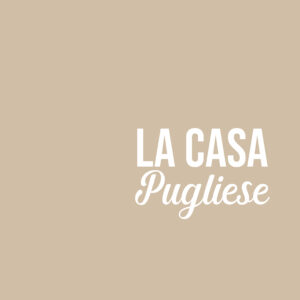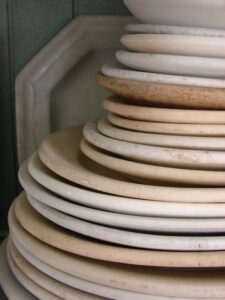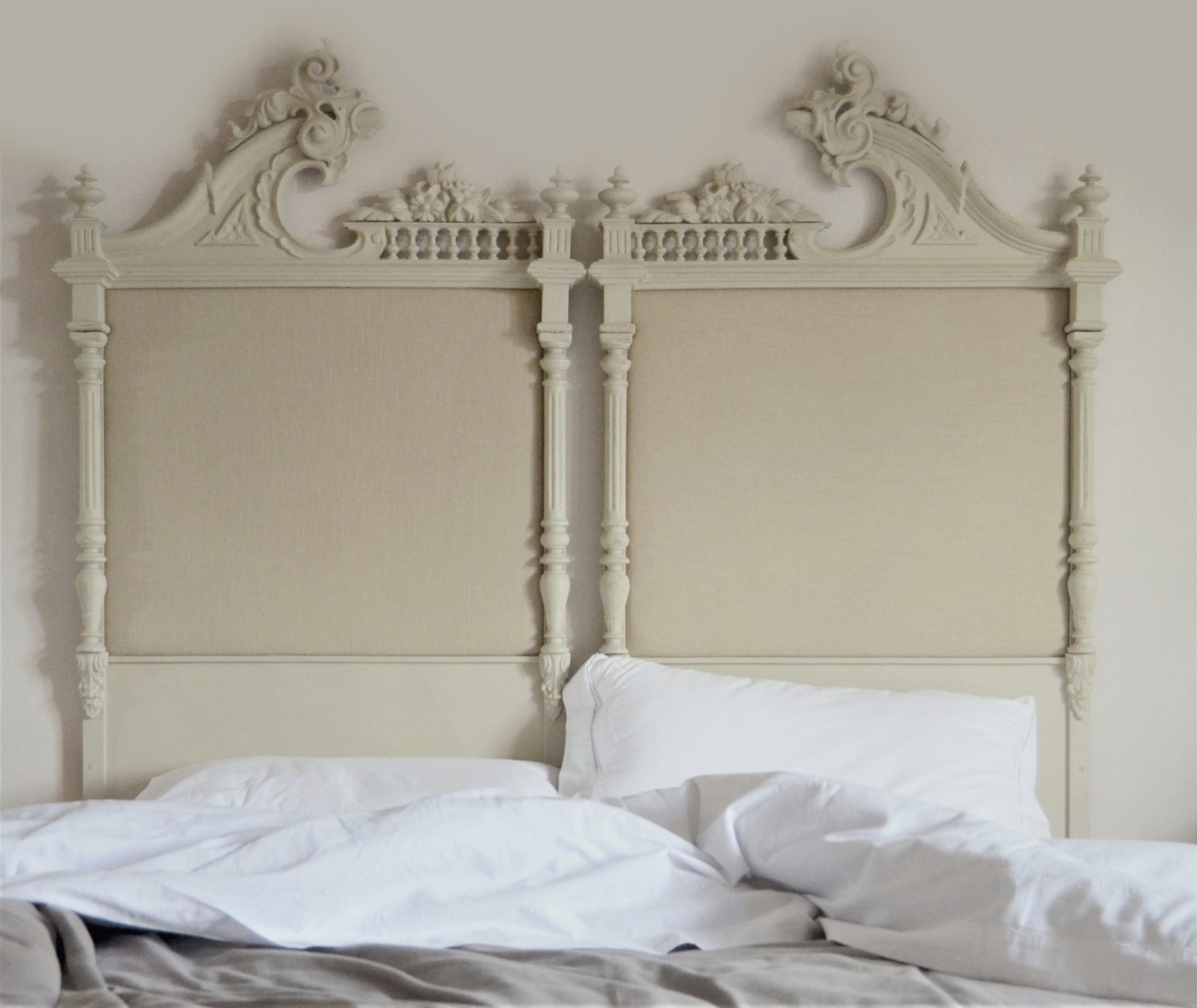Vintage market strolling sounds like the perfect Sunday activity. So it’s a good thing that in Puglia the markets are mostly held on a Sunday. On this page, we have selected the best vintage markets of our region for you that are hosted in beautiful cities, so that when you are done strolling, you can enjoy all the beauty the city has to offer.
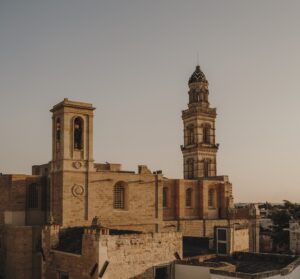
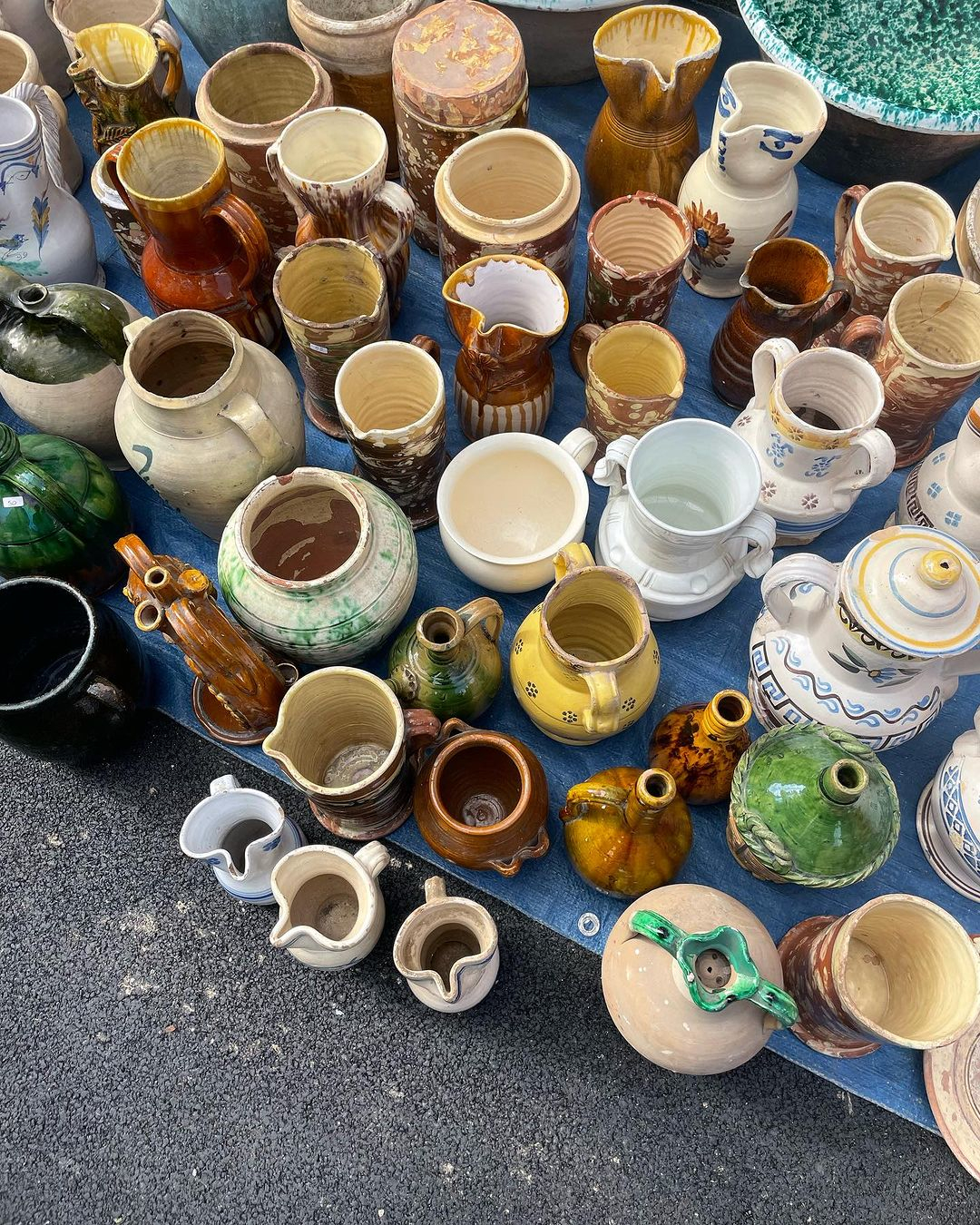
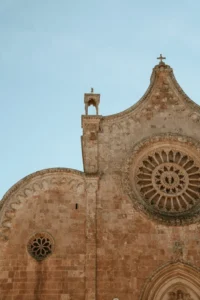
Tips for Visiting the Vintage Markets of Puglia
Before diving into the Puglia vintage markets themselves, here are a few tips to keep in mind before your visit:
-
You will want cash on hand, as many of the market vendors won’t take card. There are normally ATMs in some proximity to the markets, however, it’s best to go in with cash before hand just to avoid the added stress.
-
Bargain! Don’t ever take the first offer from a vendor. They’re usually ready to sell whatever antique item you’ve fallen in love with, so give them a respectable price below what you want to pay and see if you can get them to meet you at your desired price.
-
If possible, bargain in italian. Tourists make up a huge portion of the antique vendors’ customer base, and they know they can earn money a little. However, if you know enough italian, try to bargain in italian and you’re likely to get a better deal.
-
Walk away if the price is too high. After bargaining a little, if you’re not happy with the price, you can walk away and try to come back later. Of course, you might risk losing your beloved treasure, but you also have the potential to make the vendor give in at the last minute.
-
Go in with some sort of idea of what antiques you’re looking for. The vintage market setup can be a bit overwhelming, and it’s helpful for your eyes and mind to process everything if you know what you’re seeking out.
-
Consider how you’re going to get the object home. If you’re traveling and only have a suitcase, you’ll of course need to consider what objects can fit into your suitcase.
SELECTION OF APULIAN VINTAGE MARKETS
First Sunday of the month
Lucera - Piazza Duomo
Foggia - Ippodromo
Rutigliano - Centro Storico
Carbonara - Via Vaccarella
Bari – Piazza del Ferrarese
Francavilla Fontana – Viale Lilla
Monopoli - Centro Storico
Grottaglie - Viale Matteotti
Taranto - Rione Salinella - Piazza della Vittoria
Brindisi - Piazza S. Teresa
Nardò – Via XX Settembre

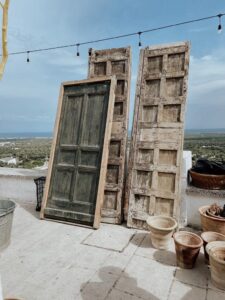

Second Sunday of the month
Foggia - Ippodromo
Barletta - Castello Svevo
Ostuni – Viale Oronzo Quaranta
Manduria - Centro Storico
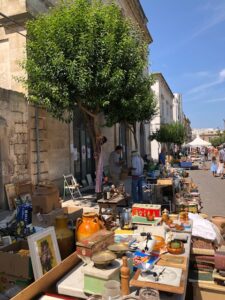

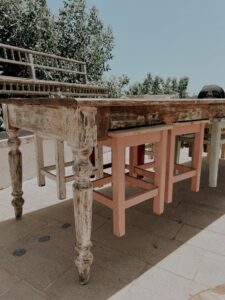
Third Sunday of the month
Foggia - Ippodromo
Bari - Basilica di San Nicola
Carbonara - Via Vaccarella
Bitonto - Centro Storico
Ceglie Messapica – Piazza Sant’Antonio
Cassano delle Murge - Piazza Garibaldi
Cisternino – Palazzetto dello Sport
Mesagne – via Ugo Granafei
Martina Franca - Via della Libertà
Monopoli - Centro Storico
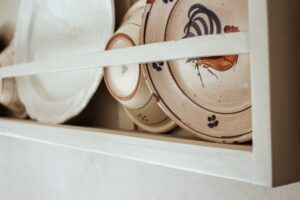

Last Sunday of the Month
San Severo - Piazza del Carmine
Foggia - Ippodromo
Bisceglie - Cala dei Monaci
Santeramo in Colle - Centro Storico
Putignano - Corso Garibaldi
Monopoli - Piazza XX Settembre
Lecce – Via XX Settembre
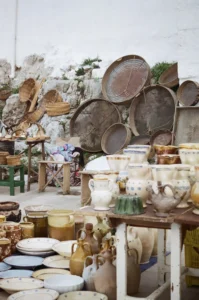
The exact location of the market can sometimes change during Winter, but the markets always take place in the center, so you can either pass by yourself or ask a local. Do you want to know for sure? Google it before you go.
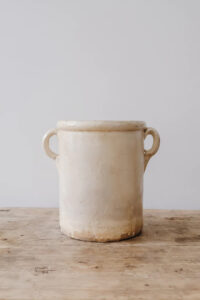
Apulian Confit Pot
This antique confit pot dating back to the early 1900s was originally used for preserving foods such as anchovies, sardines, figs or olives in olive oil. Commonly associated with the region of Puglia, (known for its age old ceramic craft) it represents the finest kind of this domestic, ‘ceramica rustica’ - with its ivory-coloured glaze known as ‘robba bianca’, it is produced with a pewter glaze and twice fired.
These are handmade antique ceramics that are perfectly imperfect and some have been used for generations, so please expect some cracks, and chips, and discolouration. These individual characteristics are part of the charm and unique quality of each piece.
